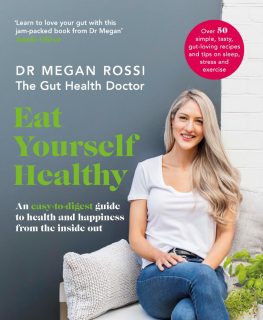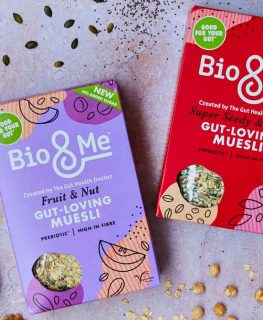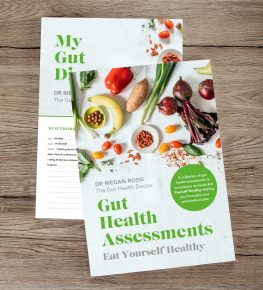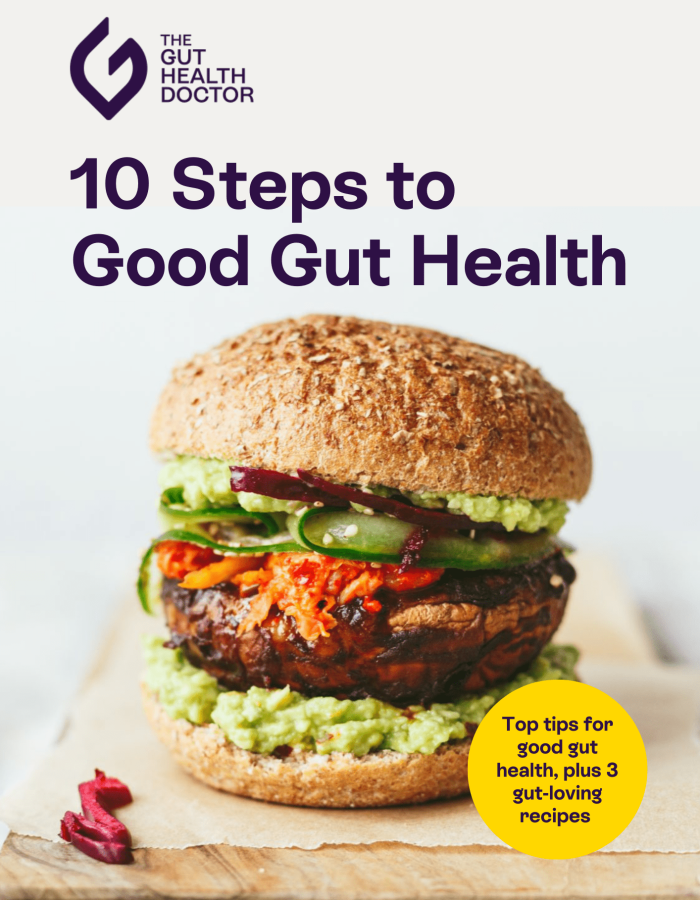When you’ve struggled with eczema, you don’t want your child to go through the same experiences. So, what are the chances of your child developing eczema and is there anything you can do to prevent it?
What is eczema?
Eczema is a very common condition. The areas of the skin become itchy, cracked, flushed and inflamed, sometimes with blisters or sores. It can affect anywhere on the body but is often seen on the scalp, cheeks. It can be present behind the creases of knees and elbows, wrists, ankles, legs and buttocks.
Approximately 1 in 5 children develops it before the age of 5, with most starting before their first birthday. The majority outgrow it by school-age although for some it can continue into and throughout adulthood.
What causes eczema?
The exact cause of eczema is unknown but it’s likely to be a mixture of genetics, environment, poor diversity of the gut microbiome and in a small number of cases, food allergy. It can be the first sign of the ‘atopic march’ with food allergies and asthma being more common if eczema is poorly controlled in infancy.
Often food, or certain food proteins, get the blame for eczema in children. However, in most cases, eczema is not triggered by a food protein. We do know that the earlier the eczema is triggered (within the first couple of weeks of life) it’s more likely it to be related to food. That said, this should always be discussed with a dietitian or paediatrician.
Can probiotics help?
Research has found that certain probiotic strains; namely lactobacillus rhamnosus, may help prevent the condition. It’s thought that probiotics help by correcting dysbiosis, promoting immunomodulatory and anti-inflammatory effects and maintaining the barrier in the gut.
Evidence suggests that if Mum takes a probiotic containing this strain from 35 weeks of pregnancy to 6 months postpartum (if breastfeeding) and the baby takes it from 6 days to 2 years of age, eczema risk may be reduced. When looking for the right probiotic to buy, opt for one that contains the strain Lactobacillus rhamnosus HN001. Look for ones with a strength between 1.0 x 109 CFU to 1.8 x 1010 CFU.
Can dietary changes help with eczema?
No particular diet has been found to be preventative, therefore it’s not recommended to exclude food from the diet in pregnancy or when breastfeeding. Restriction may have a negative impact from a nutritional perspective as well as affect mum’s gut health.
We recommend that you opt for a diet rich in diversity with healthy fats, whole grains, fibre and a vitamin D supplement. This diverse plant-loaded diet can positively impact both mum and baby’s gut microbiome.
Whilst not possible for everyone, there is evidence to suggest an association between breastfeeding and a lower risk of developing eczema. Breastfeeding contains lots of friendly microbes and carbohydrates to stimulate the development of healthy gut bacteria which we know has a positive impact on eczema.
If your little one does develop eczema, there is now some excellent evidence that shows that the early introduction of allergens (especially peanut and egg) from 4 months of age can be protective in the development of allergies to these foods. It’s natural to feel a little anxious about introducing these foods. Therefore, have a chat with a paediatric dietitian. They will be able to guide you through how to safely introduce these into your little one’s diet.
What about creams?
It’s well known that a dysfunctional skin barrier function precedes eczema. You would have thought that regular daily emollients in at-risk infants might help prevent eczema. Unfortunately, this is not the case. Evidence suggests that using a daily emollient on an infant’s skin does not prevent the development of eczema in at-risk babies. That being said, emollients are a KEY part of eczema management if they do start with the condition.
Conclusion
The development of eczema in a child is a complex combination of factors, but the evidence regarding probiotics is promising. Most people can take these safely in pregnancy and beyond, but please discuss this with your healthcare provider.
This blog was authored by Lucy Kerrison, a gut specialist dietitian.













